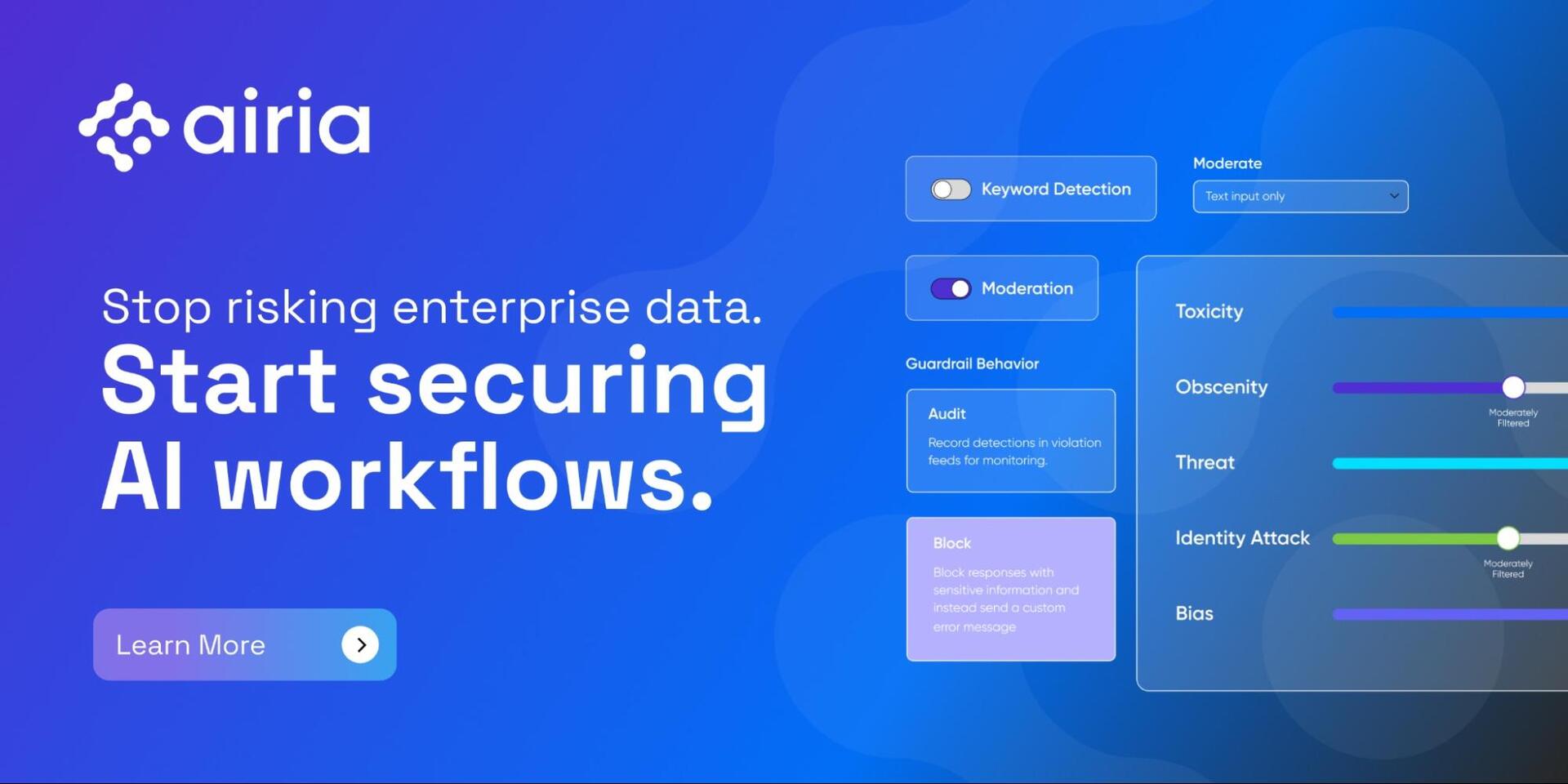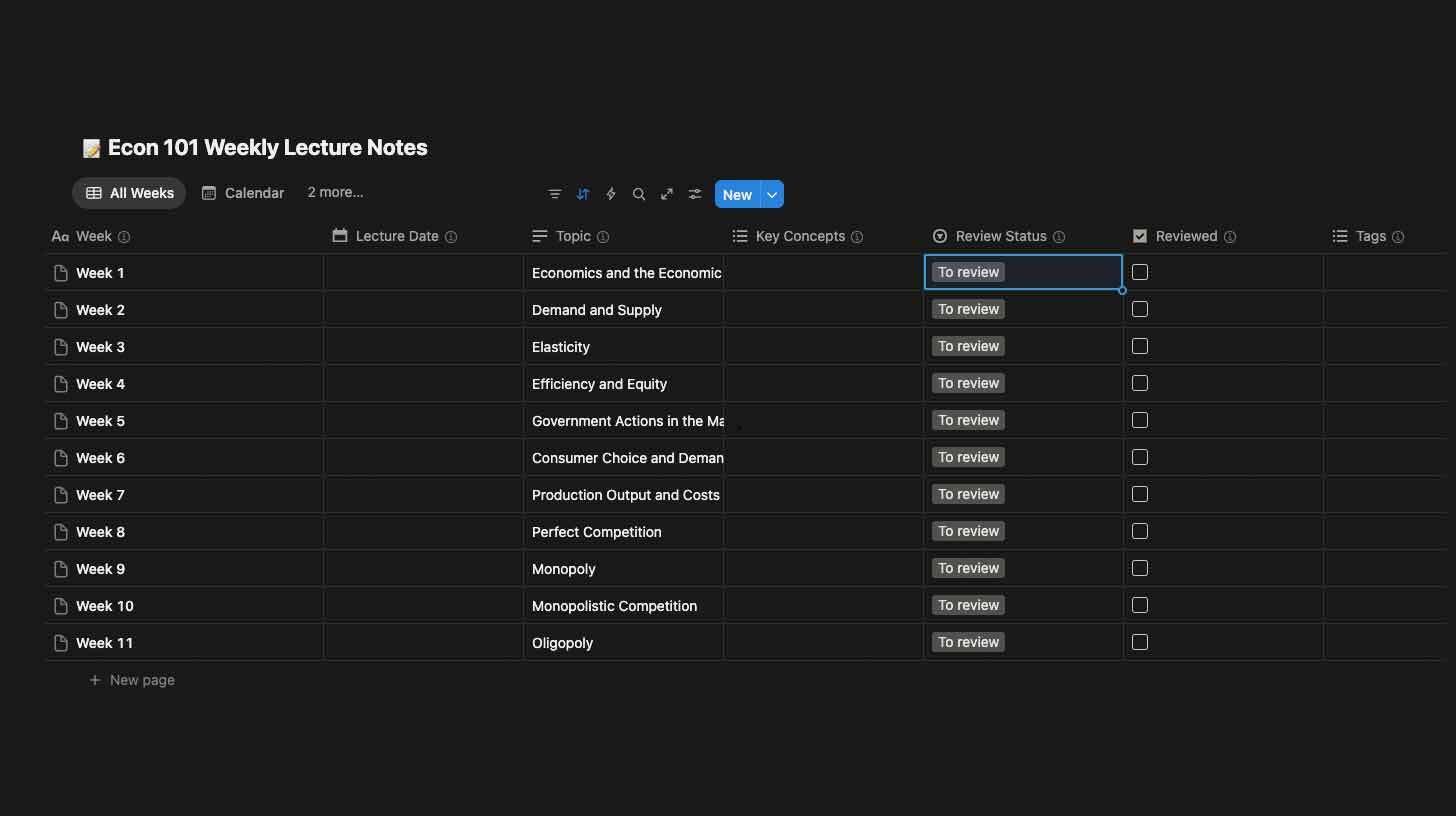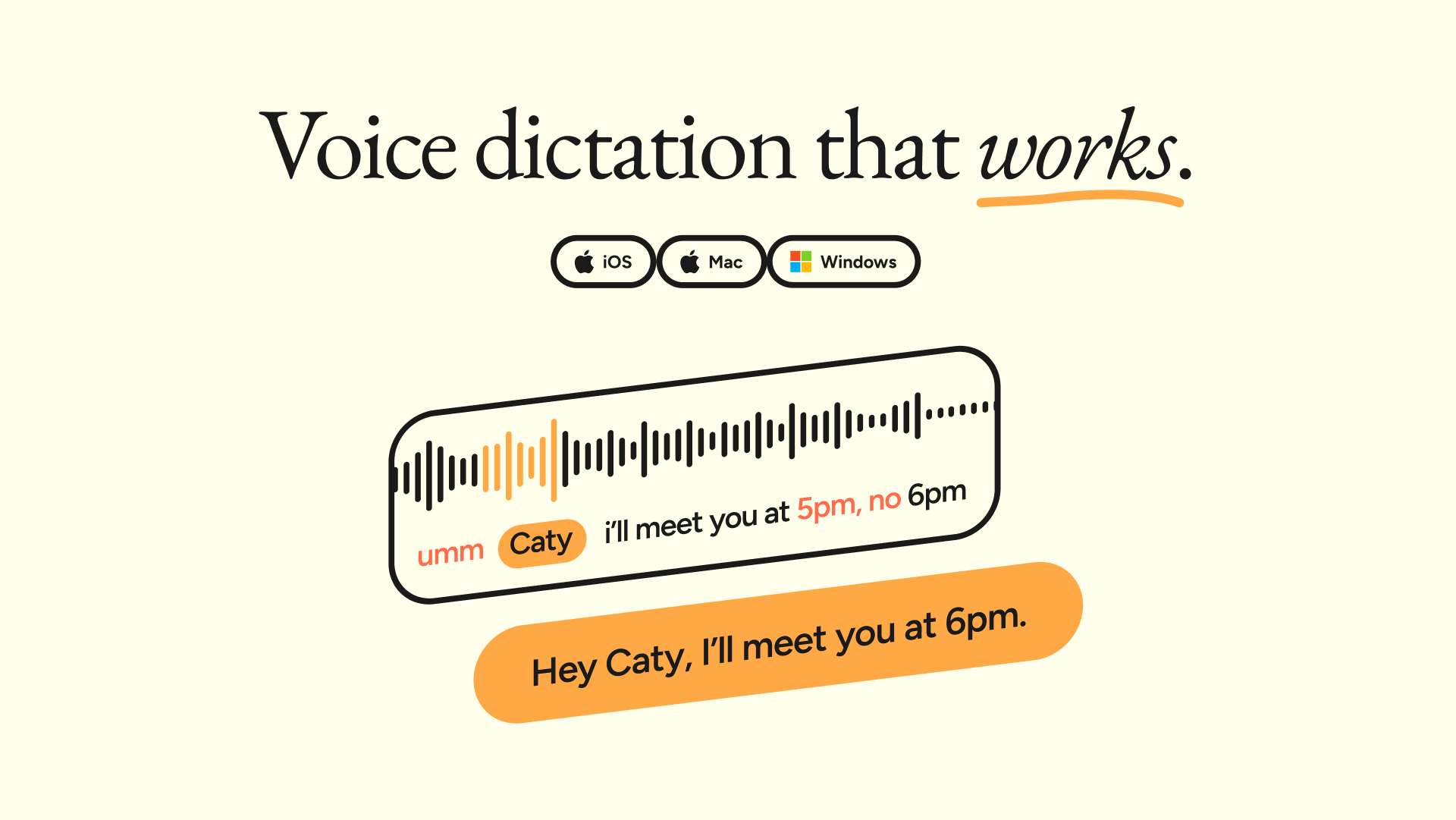Good morning, {{ first_name | AI enthusiasts }}. Google just launched a new solution to one of the biggest trust problems with AI agents — how to let them safely handle your money.
With the new AP2 open protocol creating secure digital contracts for every AI purchase, the infrastructure rails for autonomous commerce to go mainstream may have finally arrived.
In today’s AI rundown:
Google’s protocol for AI agents to make purchases
OpenAI rolls out teen controls for ChatGPT
Turn syllabus into organized lecture notes with Notion AI
YouTube ships new AI tools for creators
4 new AI tools, community workflows, and more
LATEST DEVELOPMENTS
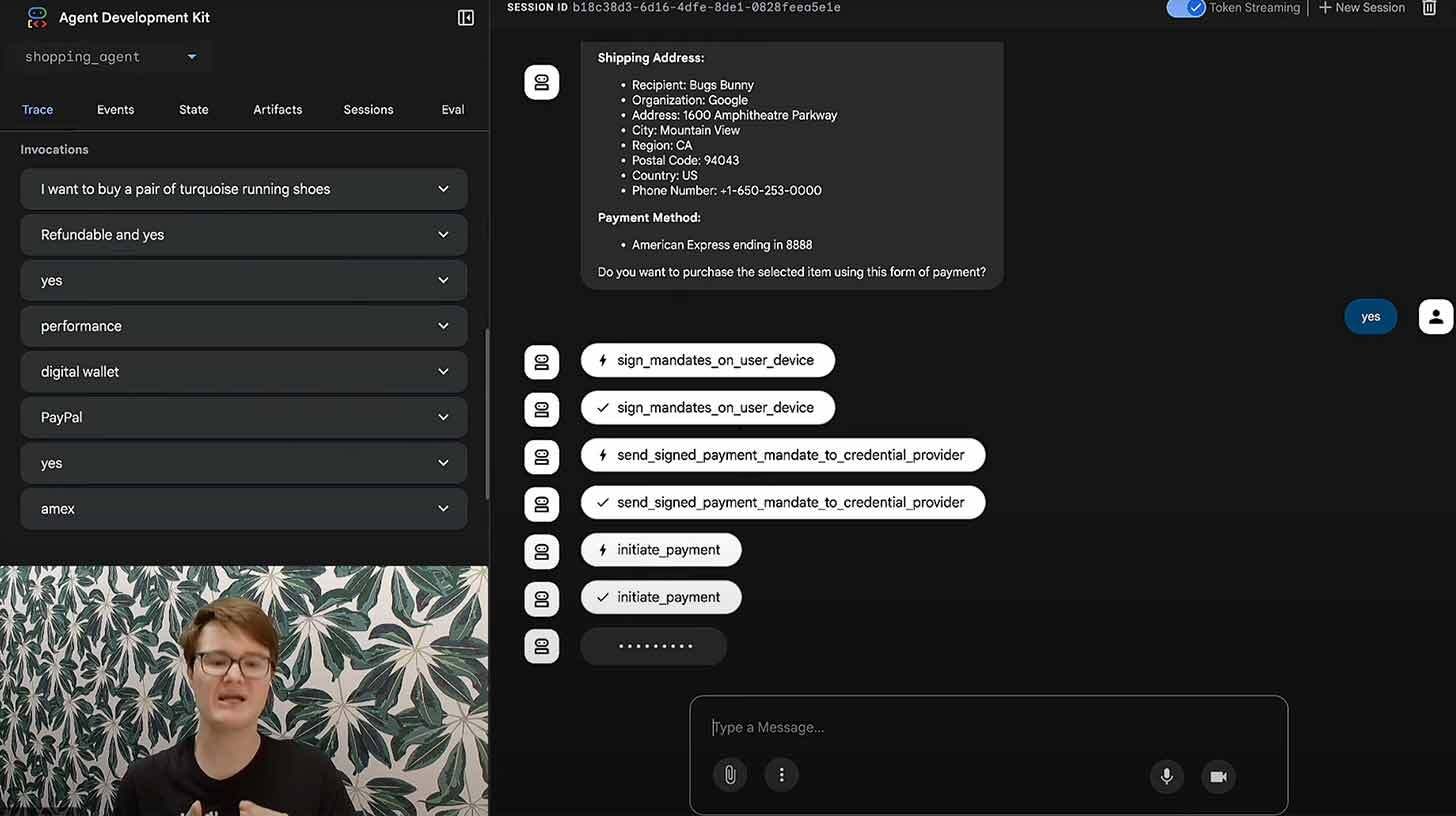
Image source: Google
The Rundown: Google just introduced the Agent Payments Protocol, a new open framework that enables AI agents to securely make purchases on a user’s behalf, with backing from over 60 financial and tech giants.
The details:
AP2 creates secure digital contracts called “mandates” that verify user authorization before an agent completes a transaction.
Real-time purchases require dual approvals, with users signing an “Intent Mandate” for searching and a “Cart Mandate” to complete a payment.
The framework supports traditional cards, bank transfers, and stablecoins in collaboration with Coinbase and other crypto firms.
Major backers include American Express, Mastercard, PayPal, Salesforce, and Intuit, with the technical specs published openly on GitHub.
Why it matters: We’re arriving at the moment when AI agents become autonomous shoppers, and having secure, trusted payment rails is a critical step for a mainstream leap. Google’s protocol helps facilitate the accountability gap that comes with AI handling user money, with a range of companies already on board to increase adoption.
TOGETHER WITH AIRIA
The Rundown: Airia is an enterprise AI platform that enables organizations of all sizes to confidently deploy AI with advanced security control, comprehensive data protection, and automated risk management — ensuring AI initiatives are both powerful and protected.
With Airia, you'll experience:
Built-in AI safeguards for runtime prompts, data leakage, and prompt injections
Scalable compliance that maintains regulatory standards (SOC 2, HIPAA, GDPR)
Granular control and visibility for security policies, access control, & more
OPENAI
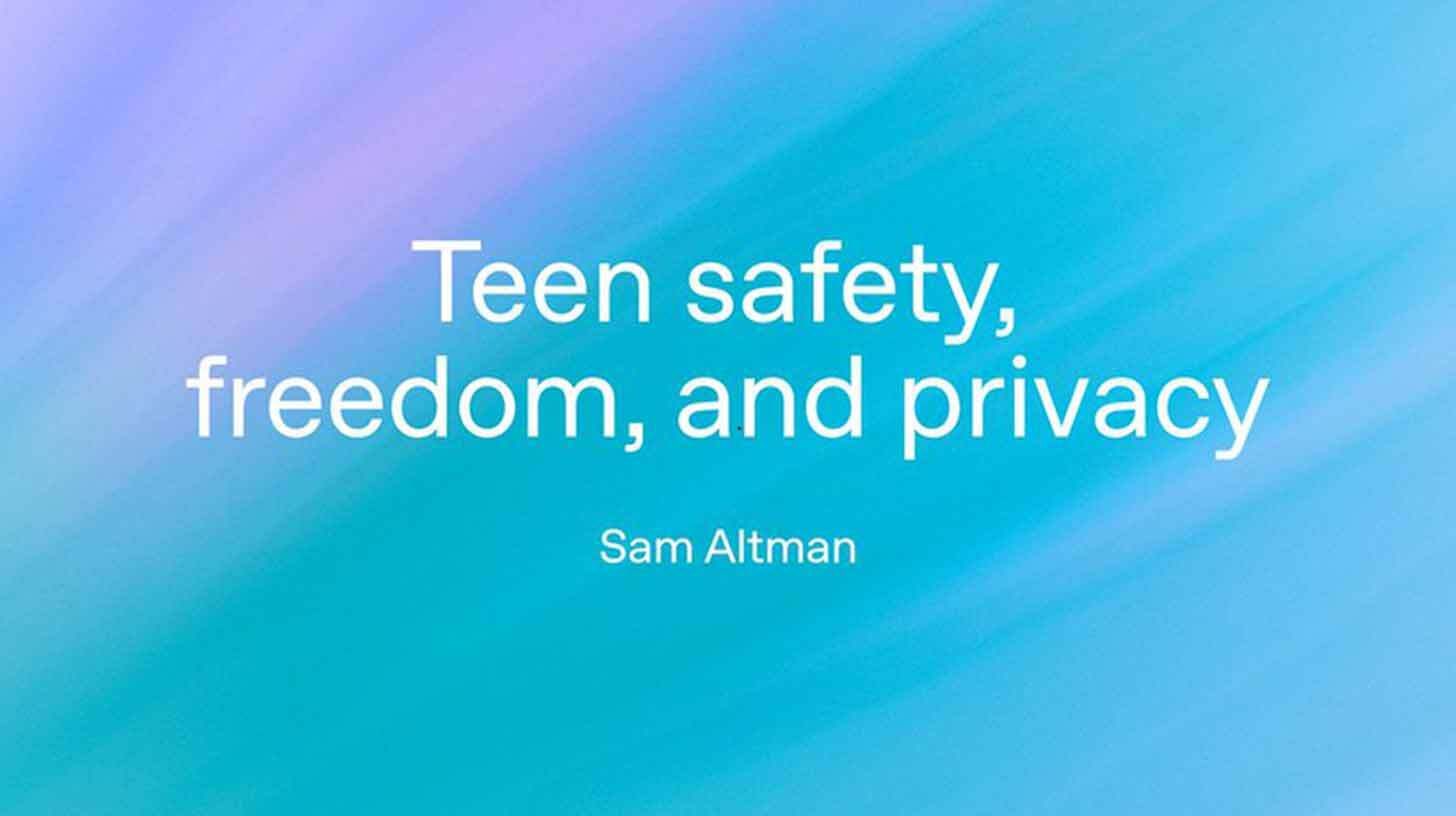
Image source: OpenAI
The Rundown: OpenAI just announced new changes to protect teenage ChatGPT users, with CEO Sam Altman detailing measures like automatic age detection and restricted versions of the assistant for minors.
The details:
OpenAI is building tech that will estimate users’ ages through usage patterns, defaulting to teen restrictions when uncertain.
New parental controls will enable account linking, customization, and notifications to a parent or authorities during perceived mental health crises.
Teen accounts will also block explicit and self-harm chats, even in creative uses— with Altman saying he doesn’t expect everyone to agree with the tradeoffs.
Altman noted that “some of (OpenAI’s) principles are in conflict”, with the new decisions aiming to find a balance between freedom, safety, and privacy.
Why it matters: It’s been a summer of troubling headlines relating to AI’s involvement in mental health situations, and these moves come amidst both regulatory scrutiny and user lawsuits. But given the amount of chatbot options (including open-source/private models) and workarounds, this is unfortunately an issue that isn’t going away easily.
AI TRAINING
The Rundown: In this tutorial, you will learn how to transform a plain course syllabus into a lecture notes database using Notion AI, generating a ready-to-use study system in seconds instead of spending hours manually creating your semester setup.
Step-by-step:
Go to Notion.so, create a new page, and hit space to open the AI input window
Import your syllabus file (PDF or text) and add it to the page as a plain doc
Use this prompt: "Let's make a study guide for this course. Be sure to include a database where I can take notes on each week's lecture"
Review the AI-generated database with pre-filled weekly rows, columns for lecture dates, topics, key concepts, review status, and notes sections
Pro Tip: Don't just stop with one syllabus. Try importing syllabi for all your courses. The more you experiment with prompts (like asking for different database views or adding tags), the more powerful this system becomes.
PRESENTED BY WISPR FLOW
The Rundown: Wispr Flow finally delivers no-edit confidence: 4x quicker than typing, letting you dictate emails, docs, and DMs in real time. AI edits on the fly — cleaning filler words, fixing grammar, and formatting perfectly as you speak. It even works in Cursor and Windsurf, auto-tags your files, and understands your code’s variables.
With Wispr Flow, you can:
Dictate emails, docs, and code 4× faster
Get AI-polished, perfectly formatted text
Use it everywhere: Slack, Notion, ChatGPT
Auto-tag files and understand code context
Try Wispr Flow and upgrade how you work today.
YOUTUBE
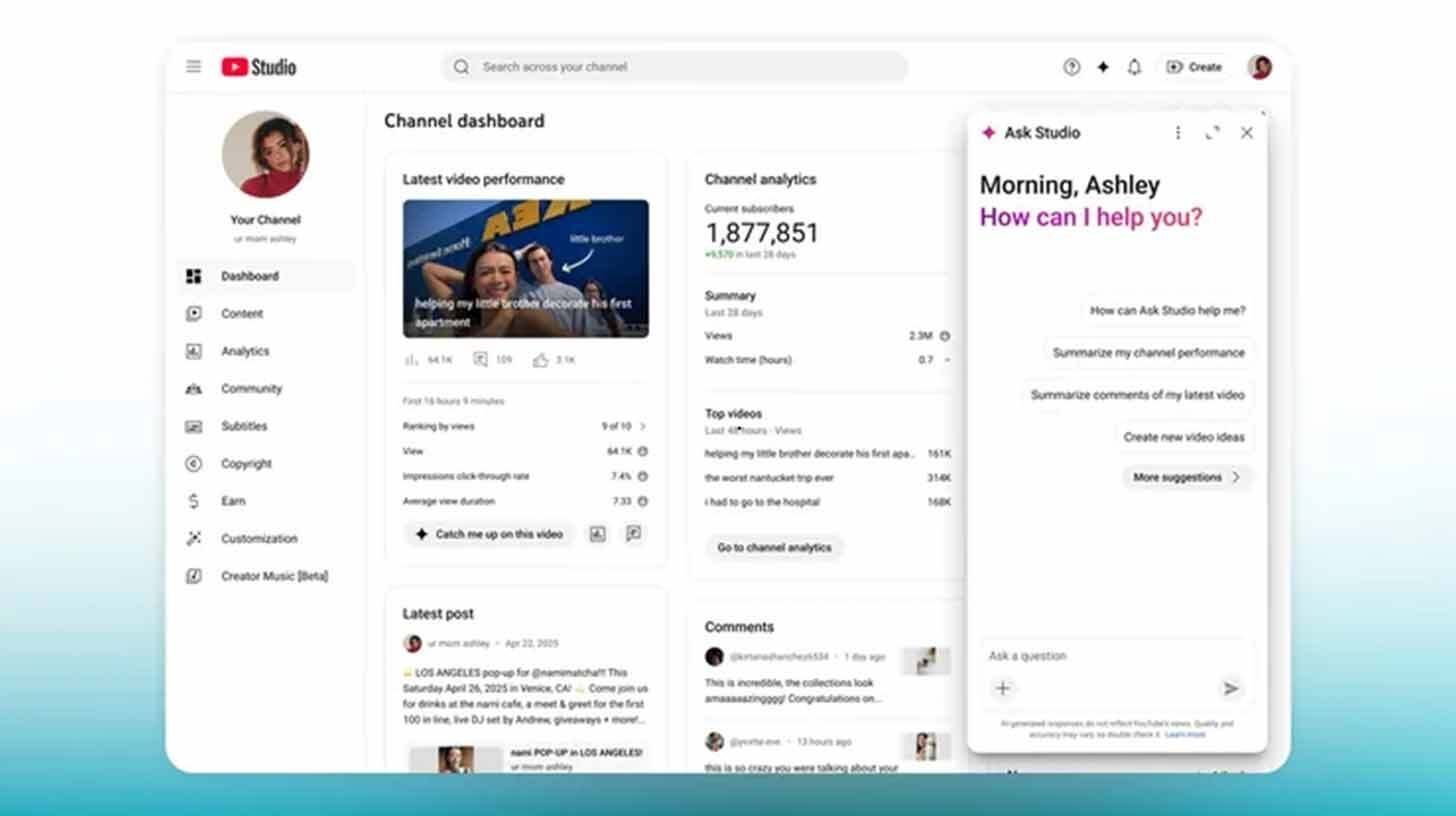
Image source: YouTube
The Rundown: YouTube just dropped over 30 new creator tools at its Made on YouTube event, including AI-powered editing and clipping features, the addition of Veo 3 Fast in shorts, auto-dubbing, and more.
The details:
Google’s Veo 3 Fast model launches free for Shorts creators, with the ability to generate 480p videos with matching audio from text prompts.
Auto dubbing expands to include lip sync tech that animates speakers' mouths to match translated audio across 20 languages.
YouTube's AI now automatically clips engaging moments from long-form videos into vertical Shorts, helping podcasters and creators repurpose content.
Ask Studio arrives as an analytics chatbot that answers performance questions and suggests data-driven optimization strategies for channels.
Edit with AI turns raw footage into polished first drafts, adding transitions, music, and voiceovers.
Why it matters: AI tools have obviously been a massive accelerator for content creation, and YouTube has been quick to enable the tech for its millions of creators on the platform. Having its parent company, Google, consistently on the frontier across both image and video models also doesn’t hurt for guaranteed, consistent upgrades.
QUICK HITS
🎥 HeyGen Video Agent - Turn prompts into publishable, finished videos
🚀 Gamma 3.0 - AI presentation tool, with new agentic capabilities, and more
🗣️ Monologue - Voice dictation app to work faster without breaking flow
🤖 ChatGPT - New customization features, including personality options
OpenAI hired former xAI finance chief Mike Liberatore as its new business finance officer, coming just a month after his departure from Elon Musk’s rival AI startup.
Microsoft announced a new $30B investment in U.K. AI infrastructure, with Google also revealing a $6B investment into the country’s AI economy over the next two years.
Walt Disney, Universal, and Warner Bros. filed a new lawsuit against Chinese creative startup MiniMax, claiming its Hailuo model infringes on copyrighted IPs.
Workday announced a $1.1B acquisition of AI startup Sana, aiming to transform the platform into the “new front door for work”.
Tencent released Hunyuan3D 3.0, a new upgrade that features more precise following of input images, professional-grade detailing, and HD modeling outputs.
Fiverr CEO Micha Kaufman announced that the company is laying off 250 employees and transforming into an “AI-first” organization, aiming to return to “startup mode.”
COMMUNITY
Every newsletter, we showcase how a reader is using AI to work smarter, save time, or make life easier.
Today’s workflow comes from reader Phillip W. in Bossier City, Louisiana:
"I am using Midjourney + HeyGen to advertise my book. Using Midjourney, I generated the image of one of my characters, Lucia, then uploaded it to HeyGen as an Avatar. I then added speech to the Avatar and had her talk about the book from her perspective. I posted it to Facebook, helping creatively advertise my book."
How do you use AI? Tell us here.
Read our last AI newsletter: OpenAI, Anthropic reveal how users use AI
Read our last Tech newsletter: Google joins the $3T club
Read our last Robotics newsletter: Zoox’ driverless robotaxi service
Today’s AI tool guide: Turn any syllabus into lecture notes with Notion AI
RSVP to next workshop @ 4PM EST Friday: Build reliable AI assistants
That's it for today!
See you soon,
Rowan, Joey, Zach, Shubham, and Jennifer — the humans behind The Rundown







